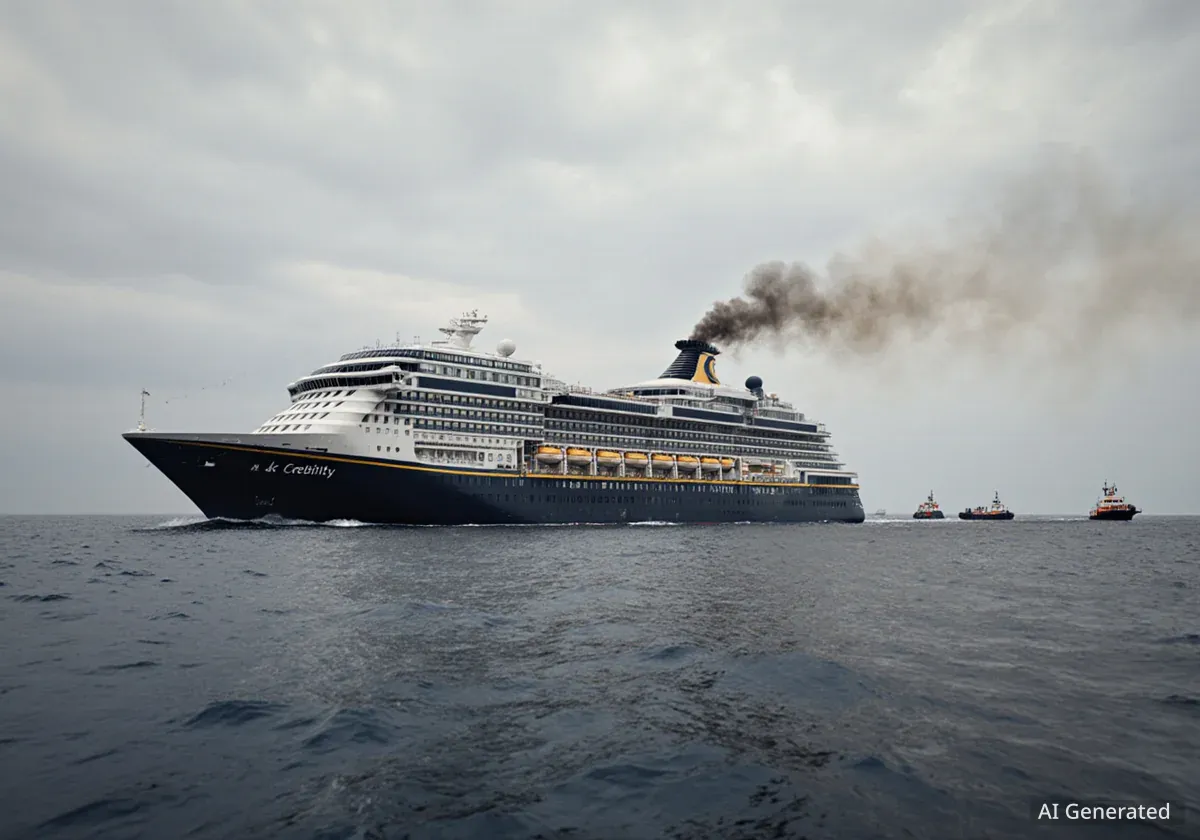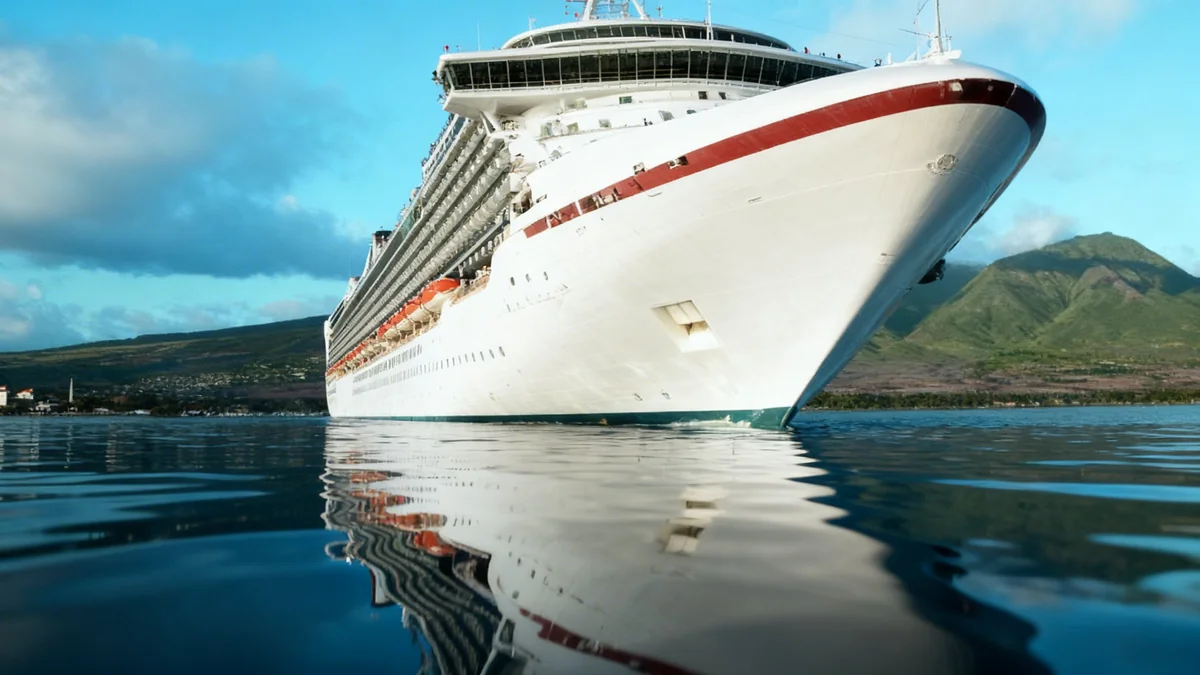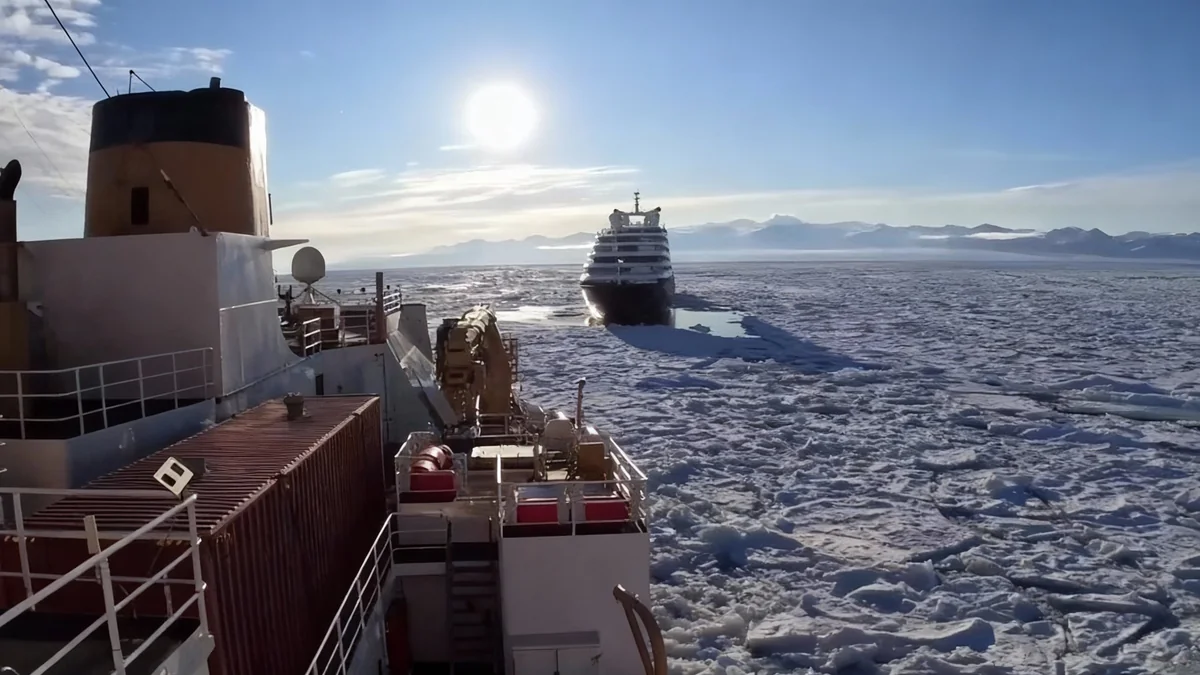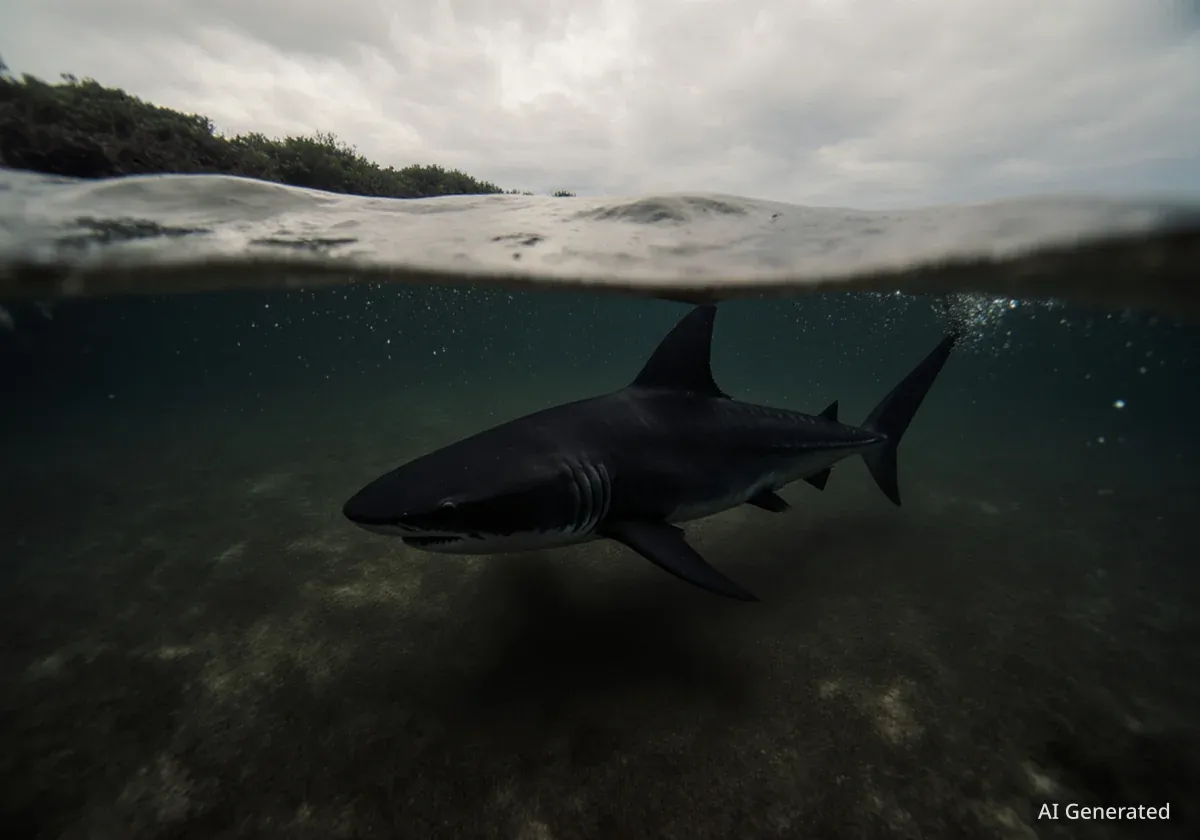Two Delta Connection regional jets were involved in a low-speed ground collision Wednesday evening while taxiing at New York's LaGuardia Airport. The incident resulted in a minor injury to a flight attendant, but no passengers were reported injured, according to statements from the airline and airport authorities.
The event occurred around 9:56 p.m. when the wing of a departing aircraft made contact with an arriving aircraft on the tarmac. Both flights were operated by Endeavor Air on behalf of Delta Air Lines. Federal agencies are expected to investigate the circumstances surrounding the collision.
Key Takeaways
- Two Delta Connection jets collided at low speed on the ground at LaGuardia Airport.
- The incident happened around 9:56 p.m. on Wednesday evening.
- A flight attendant sustained a minor injury; no passengers were harmed.
- The collision involved a departing flight's wing striking an arriving flight's fuselage.
- The FAA and NTSB will investigate the event, with cooperation from Delta Air Lines.
Details of the Ground Collision
The collision involved two Bombardier CRJ-900 aircraft operated by Endeavor Air. According to preliminary information released by Delta, Endeavor flight 5155 was taxiing for departure when its winglet struck the fuselage of Endeavor flight 5047. Flight 5047 had just arrived and was taxiing toward its gate.
Communication from the flight deck captured on Air Traffic Control audio provided an immediate account of the damage. A pilot from one of the affected aircraft can be heard stating, "Their right wing clipped our nose and the cockpit." The pilot further reported, "We have damage to our windscreen and... some of our screens in here."
This type of ground incident, often referred to as a "tarmac collision" or "wing clip," occurs at low speeds but can still cause significant damage and require thorough safety inspections before the aircraft can be returned to service. The impact was forceful enough to damage the cockpit area of one of the jets.
Understanding Taxiway Incidents
Airport taxiways are complex networks where aircraft move between runways, gates, and maintenance areas. While collisions are rare, the high volume of traffic at major hubs like LaGuardia requires precise coordination from both pilots and air traffic controllers to ensure safe ground movement.
Response and Immediate Aftermath
Following the collision, emergency protocols were activated. The Port Authority of New York and New Jersey, which operates LaGuardia Airport, confirmed that one flight attendant suffered a minor injury. As a precautionary measure, the crew member was transported to a nearby hospital for evaluation.
Delta Air Lines confirmed that there were no injuries reported among the passengers on either aircraft. The airline's ground teams at the LaGuardia hub immediately began working to assist the affected customers. Passengers were deplaned and provided with alternative travel arrangements.
The Port Authority stated that the incident did not cause a significant impact on overall airport operations. Flights continued to take off and land, and other ground traffic was rerouted around the site of the collision until the two aircraft could be safely moved.
LaGuardia Airport Operations
LaGuardia Airport (LGA) is one of the three major airports serving the New York City metropolitan area. In 2023, it handled over 30 million passengers, making its airfield one of the busiest in the United States. Efficient and safe ground movement is critical to its daily operations.
Airline and Official Statements
Delta Air Lines issued a formal statement addressing the incident and apologizing to its customers for the disruption. The airline emphasized its commitment to safety and full cooperation with the ensuing investigation.
"Delta teams at our New York-LaGuardia hub are working to ensure our customers are taken care of after two Delta Connection aircraft operated by Endeavor Air were involved in a low-speed collision during taxi. Delta will work with all relevant authorities to review what occurred as safety of our customers and people comes before all else. We apologize to our customers for the experience," the airline stated.
The airline's response highlights the standard procedure in such events: prioritize passenger and crew well-being, manage customer logistics, and prepare for a formal investigation.
Investigation Underway
Multiple agencies will be involved in reviewing the circumstances of the collision. Delta has pledged to cooperate fully with the Port Authority, the Federal Aviation Administration (FAA), and the National Transportation Safety Board (NTSB).
Roles of Investigating Agencies
- Federal Aviation Administration (FAA): The FAA is responsible for the safety of civil aviation. Its investigation will likely focus on whether any federal aviation regulations were violated and review the actions of the flight crews and air traffic controllers.
- National Transportation Safety Board (NTSB): The NTSB is an independent federal agency that investigates all civil aviation accidents in the United States. It will lead the investigation to determine the probable cause of the incident and issue safety recommendations to prevent similar events in the future.
The investigation process typically involves several steps. Investigators will interview the flight crews, review air traffic control recordings, examine the physical damage to both aircraft, and analyze flight data recorder information if necessary. The goal is not to assign blame but to understand the sequence of events that led to the collision and identify any systemic issues that need to be addressed.
The findings from the NTSB's investigation will eventually be made public in a detailed report, which could take several months to a year to complete. In the meantime, both aircraft will remain out of service pending a full structural evaluation and repairs.





